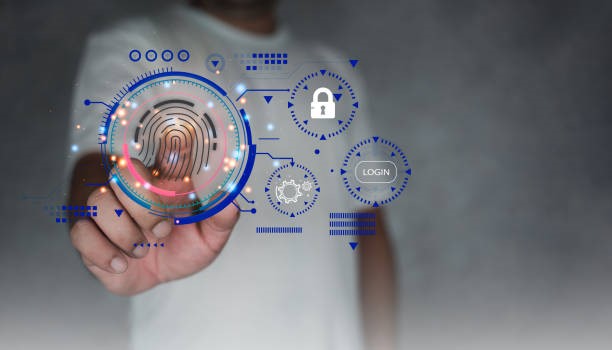As technology is advancing with each passing day, people are becoming more and more dependent on technology for multiple aspects of their lives. Most of the services and businesses have shifted online, particularly after COVID-19 enhancing user experience and unparalleled convenience. But at the same time, it’s crucial to verify whether genuine individuals are accessing services or purchasing products. Teenagers having access to advanced technology dodge systems and get access to age-exclusive services. It has become more paramount than ever to make the internet a safe digital world for minors and prevent them from accessing age-restricted services.
To enhance the safety and security of kids, it’s essential to conduct accurate age checks to ensure that only adults are getting access to services, and minors are safeguarded from accessing age-restricted services or products. Social media platforms must conduct robust online age check by using advanced technology to spot minors or fake identities disguised in the parent’s or guardian’s identities. All online service providers and merchants are obligated to conduct biometric age verification for accurate authentication. Let’s explore a few of the industries that are highly compelled to perform efficient age verification.
- Online Gambling Sites
The minimum age for participating in gambling activities is set to be 21, however certain jurisdictions restrict the minimum age to 18. In the United States, the market for gambling sites was made legal in 2021 and there are numerous regulations developed to govern online gambling activities.
Studies reveal the market for online gambling is surging with unbreaking records. In 2023, ‘The New York State Gaming Commission’ disclosed that online sports betting had a value of $2.1 billion in November, surpassing October’s record which was valued at $2.006. It is evident that minors get easily attracted to gambling offers, highlighting how crucial it is to prevent minors from the menace of gambling.
Online gambling is obligated to develop a robust age checker system to accurately verify the age of users before granting them access to services. Many jurisdictions are taking stringent actions to this call, for instance, online gambling site operators in the UK have tightened their age verification regulations to ward off underage access to gambling services, making the internet safer for kids.
- Alcohol & Tobacco Merchants
The United States has declared ‘21’ to be the minimum age to access alcohol or tobacco-related products including cigarettes, nicotine gels, and smokeless cigarettes, which are injurious to kids’ health. Various regulations have been developed requiring alcohol & tobacco merchants to effectively verify the age of users before granting them access to their products, considering minors’ well-being. Any non-compliance could lead to serious consequences and heavy penalties.
Online retailers need to conduct age verification checks before selling products, enhancing online safety and building trust with regulatory bodies.
- Pharmaceutical Industry
The emergence of online pharmacies and medical facilities has made it effortless for patients to get medical services at home, without the requirement to visit physical stores to get medications. At the same time, this facility has given rise to underage access to unprescribed medications. The inappropriate and misuse of medicated products is escalating at a surprising rate, the value for underage usage of medications increased by 4.5% in 2020. This increase stresses the urgent need to perform accurate online age check to effectively authenticate individuals and ensure that minors are prevented from accessing unprescribed medications.
Medical ID theft is also growing as a serious problem, requiring robust online verification, where stolen medical identities are exploited to gain medical services. To mitigate these rising threats, the pharmaceutical industry is advised to implement an effective age checker system integrated with biometric authentication to verify users accurately.
- Social Media Platforms
Allowing users just to ask for their date of birth isn’t sufficient for effective age verification in today’s modern world, where tech-savvy minors effortlessly dodge by giving false information. Many underage easily get access to social media platforms with traditional methods of ID verification. Modern problems need modern solutions. Social media platforms are stringently required to conduct robust online age verification to protect minors from explicit content that can impose harmful effects on the mental well-being of minors.
- Online Dating Services
Online dating applications or websites often put fewer barriers for users and allow entry without any stringent ID verification. Undoubtedly, online dating services offer a new world of opportunities, connecting emotions beyond borders. Underage dating is illegal in many countries and it is harmful to minors, causing a lot of damage to the adults and minors involved. Romance scams and other fraudulent activities are largely associated with online dating services, and these scams are escalating at an alarming rate.
Minors can experience trauma from underage assault and their mental well-being is severely impaired, which is arduous to counteract later. Online chatting and dating services are obligated to put in place advanced digital age checker systems to accurately authenticate the age of users by collecting enough information required to ensure no minors are given access to such services.
Last Word
Many jurisdictions globally are establishing regulations and standards governing the implementation of robust age verification systems, preventing minors’ access to age-exclusive services. Age-restricted industries like alcohol or tobacco sales, online chatting services, or adult content producers are obligated to effectively the age of users to protect them from the menace of adult services and products.



